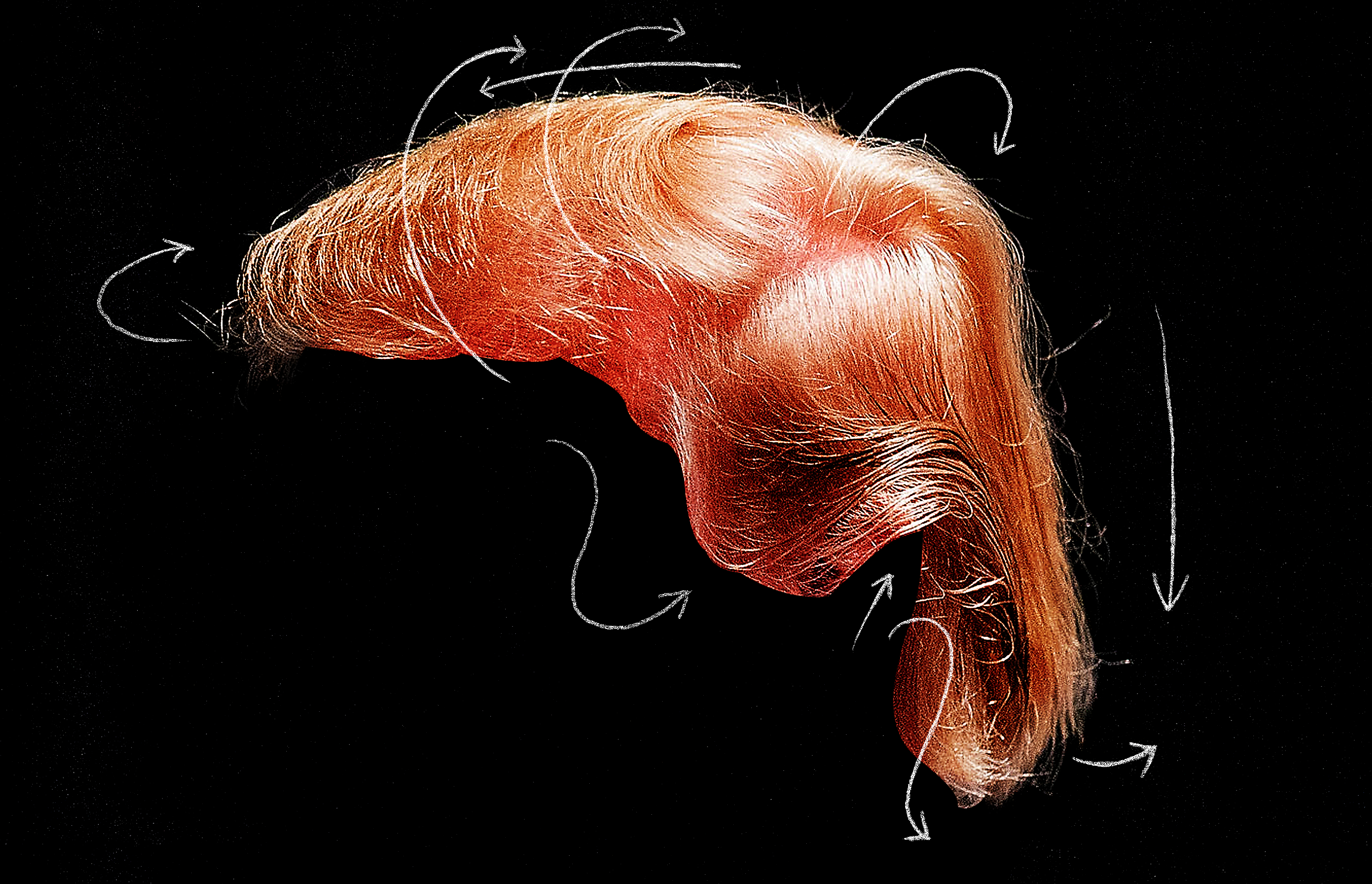Mr. Harder's letter threated Gawker with a number of dubious legal claims, and concluded with the following paragraph:
This letter is confidential and protected by applicable Copyright law, and therefore may not be copied, published, disseminated or used by any person or for any purpose, other than internally at your company and its outside legal representatives for purposes of evaluating the claims herein and complying with the foregoing demandsDemand letter at 5.
Can you demand that a third-party keep an unsolicited letter confidential? Yes, you can make the demand. But, you shouldn't expect the letter to be kept confidential because there is no agreement between the parties about confidentiality.
Can you assert Copyright law to prohibit the distribution of the letter? Yes, you can make that assertion. But, you shouldn't expect to win on such an argument. While Mr. Harder may own the copyright on the letter, he cannot prohibit the recipient from showing the actual physical letter. Moreover, the recipient can still reproduce the letter as a fair use if the use is limited and transformative, such as to criticize or comment upon a copyrighted work. See 17 U.S.C. 107. In this case, Gawker's publication of the letter with comments should qualify as a fair use. Demand letter.
Thus, if you are sending an unsolicited letter to a third-party, you should not expect it to be kept private.
- Henry Park

No comments:
Post a Comment